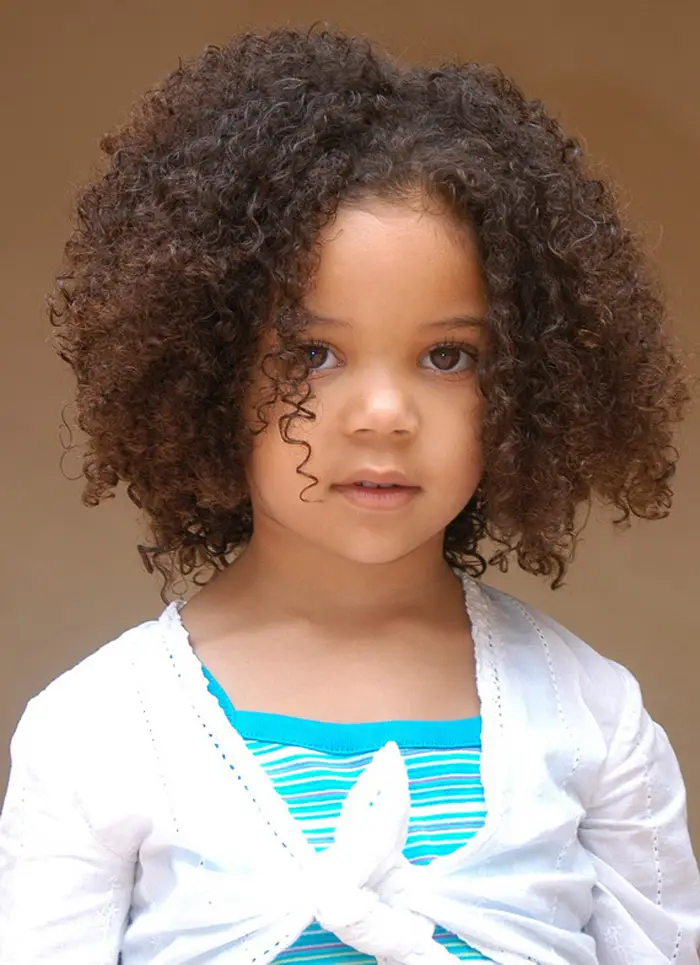My daughter, at only two years old, is a child who owns herself from head to toe. Before I became a mother, it never occurred to me that children are autonomous little people and not personal belongings of their parents. But as “Bean” grows and asserts herself more often, I’m learning that she is a force of her own will. So what’s the problem? The rest of the community sees her as a doll, not a person.
It was easy to overlook my daughter’s personhood while she was an infant and couldn’t speak. As a toddler, however, she can state definitively what she does and doesn’t want. And one thing she’s certain about is this: she doesn’t want you touching her without her permission.
And by “you, ” I mean everyone, including her own mother. Bean has these brown chipmunk cheeks that invite nibbles and kisses. One day, I leaned in to plant a smooch on her face, and she cried, “No kiss!” I looked at her in surprise and then I kissed her cheek anyway. I’m the parent, right? The ensuing meltdown was epic. She was genuinely upset that I disobeyed her wishes.
The incident wasn’t isolated. If I hugged her without warning, she would push at my chest, “No hug, Mommy! No hug!”
I admit that her rejection stung for a while once I realized she wasn’t being playful. I wondered what I, an enthusiastic hugger, would do with a child who shunned my affection. What child doesn’t want to be held by her mother? Her growing independence meant she could identify when she wanted to accept physical touch and communicate that.
To my embarrassment, that communication also extended to her interactions with other people. The more she becomes self-aware, she grows wary of people she doesn’t know. She stares, unsmiling, at their grinning faces and refuses to say “Hi” on command. And if they touch her, she recoils as if their hands are dirty. This embarrasses them, so they try harder. I have offered excuses for her behavior and hurried her away more times than I can count.
But it occurred to me to treat my daughter like an adult person when it comes to physical contact: respectfully. I asked her one day, “May I give you a hug?” She nodded and threw her arms around my neck. I even got a free kiss out of the deal. When I respect her boundaries, she is affectionate on her own terms and shows love in a way that feels natural to her.
That’s not to say that she always tells me yes. Sometimes, the answer to my question is still, “No hug, Mommy!” I have learned not to take her declination personally. After all, it’s not about me, is it? What message would I be sending if I showed her that her own mother did not care to honor her (very reasonable) wishes? She is teaching me that I am not entitled to her body, as I hope to teach her in regards to sexual relationships in the future.
We often discuss the problem of entitlement in regards to women’s rights, but children are treated like community property from the womb. People intrinsically feel they have the right touch your belly because you’re merely the pack mule for the precious bundle inside of it. The intrusion doesn’t cease after birth. Some random woman once touched my baby’s face while I was grocery shopping and I was livid at her presumptuousness.
A stranger touching your child is an easy target for parental wrath. But what about those closer to you like church members, neighbors, and family members? Last month one well-meaning neighbor spent a full five minutes trying to tickle my daughter and make her smile. Not once in those five minutes did she listen to the express “No!” and non-verbal cues Bean exhibited. That will not happen again.
I have come to the conclusion that as a parent, it is my responsibility to tell others to respect my daughter’s boundaries. I must be her fiercest, most vocal advocate until she is old enough for people to stop seeing her as a doll and value her autonomy.
Friends, family, and citizens of the world: Don’t hug or kiss my daughter without asking. I am no longer apologizing for her behavior toward you. If she says no, she’s not “precocious” or “sassy”; she is a small person who has the right to say no to being touched. And if you fail to comprehend her very clear wishes, or even her unclear ones, I will be more than happy to translate toddler language into a very adult conversation with you: Stop touching my kid.
Dara Mathis is a freelance writer, editor, and poet who lives in Georgia with her husband and daughter. Her writing interrogates the politics of respectability for women, concepts of femininity, motherhood, and the intersection of race and gender. You can catch her tweeting reckless acts of punctuation on Twitter @dtafakari and at daratmathis.wordpress.com.


